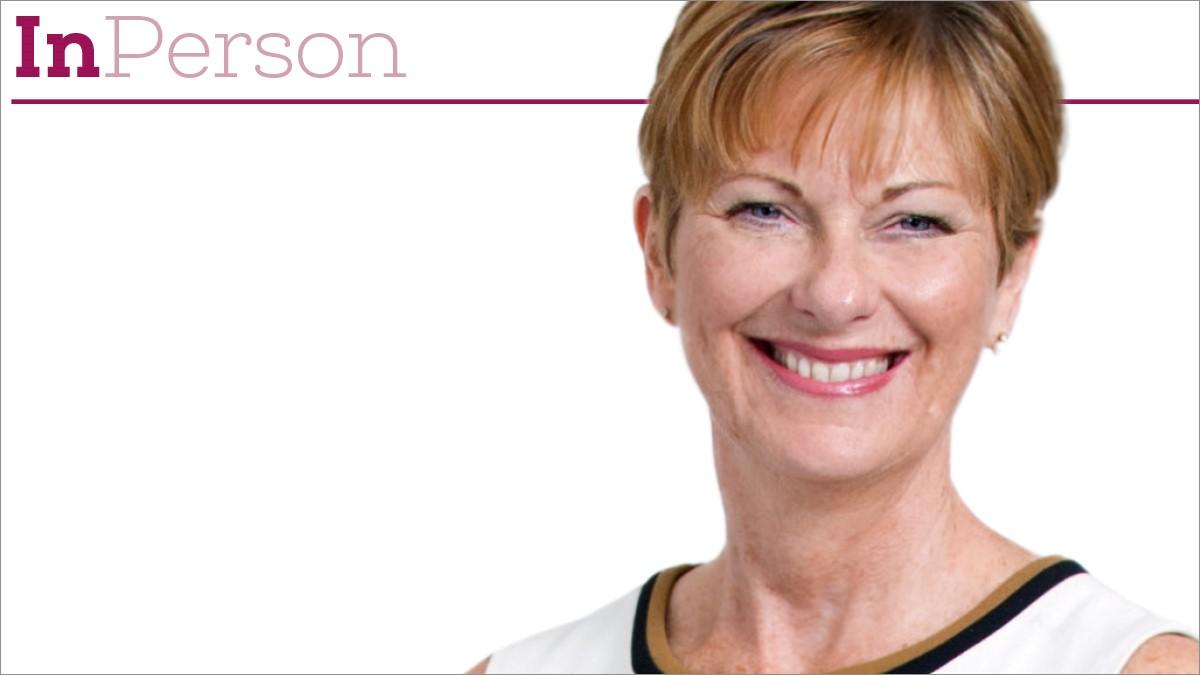We shouldn’t underestimate the influence of local networks and teams, says Karen Middleton

Over recent weeks I have had the pleasure in meeting a number of new CSP staff. A few are based at Bedford Row but most are based either at home or in one of our other three offices.
Although all those I met are working in completely different functions across the CSP and bringing a range of technical expertise, they had one thing in common: they all want to support members to organise and influence wherever they work locally. We often describe this as our ‘localism’ agenda.
Whether it is our countries, regions and engagement team, the organising team, our senior negotiating officers, the policy team or the professional advisers, these are all staff working to support you locally. Of course they do have national roles and will lead on specific national issues, but essentially they are ‘organised’ to support you wherever you work.
This requires a great deal of communication between them to ensure everyone is informed and that there is no duplication. It sounds like a MDT doesn’t it?
The creativity and problem-solving of an MDT is also a feature of these virtual teams when they come together to deal with specific issues, whether it is campaigning against the closure of a hydrotherapy pool, supporting the roll-out of first contact physiotherapy in an area or engaging the local membership in the #LoveActivity campaign. Rarely do these activities only require employment, professional or campaigning advice.
The missing link here is, of course, you the members. I think the power of organisation is under-valued but it is essential in order to exert influence in an efficient way. So leaders and managers working with local professional networks, working with stewards and safety reps and so on, can be extremely powerful – particularly when trying to shift from being reactive to proactive. The CSP staff can make the links and translate national policy into local practice, whether employment or professional practice, but the local knowledge and relationships come from you.
Yes there might be tensions and there might conflicts of interest but these can be managed. This is all about transforming care for patients and the public and people with a diversity of knowledge, skills and networks, will achieve so much more than a group of like-minded individuals delivering the same function. Add into that the expertise of the CSP staff and you have, in my opinion, a winning formula.
So think about the local networks around you and reach out to make connections.
We have a tendency to think about multi-disciplinary working meaning ‘outside of the profession’ which it may well be, but also consider the links you could make within the profession to exert greater influence as a profession. And we can help.
- Contact Karen to discuss this or any other issues at enquiries@csp.org.uk
Number of subscribers: 1




































